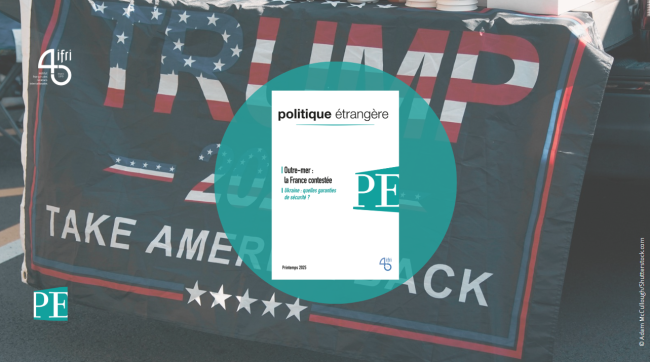
Prénom de l'expert
Morgan
Nom de l'expert
PAGLIA
Former Research Fellow, Security Studies Center
Research Interests:
- Military innovation
- Representations of future conflicts
- A2/AD
- Naval strategy
- European strategic autonomy
Morgan Paglia was a research fellow at the French Institute of International Relations (Ifri) from 2018 to 2020. Prior to joining Ifri's Security Studies Center in 2018, he gained professional experience in the defense sector, notably at Thalès' Institutional Affairs department, and graduated from the Political Studies Institutes of Aix-en-Provence and Sciences Po Toulouse.
Morgan Paglia is a PhD candidate at the Catholic University of Paris and Paris Science and Letters (PSL) where his research focuses on the recent evolutions of the United States defense strategy since the first Gulf War. While at Ifri, he blogged at Ultima Ratio.
See more












